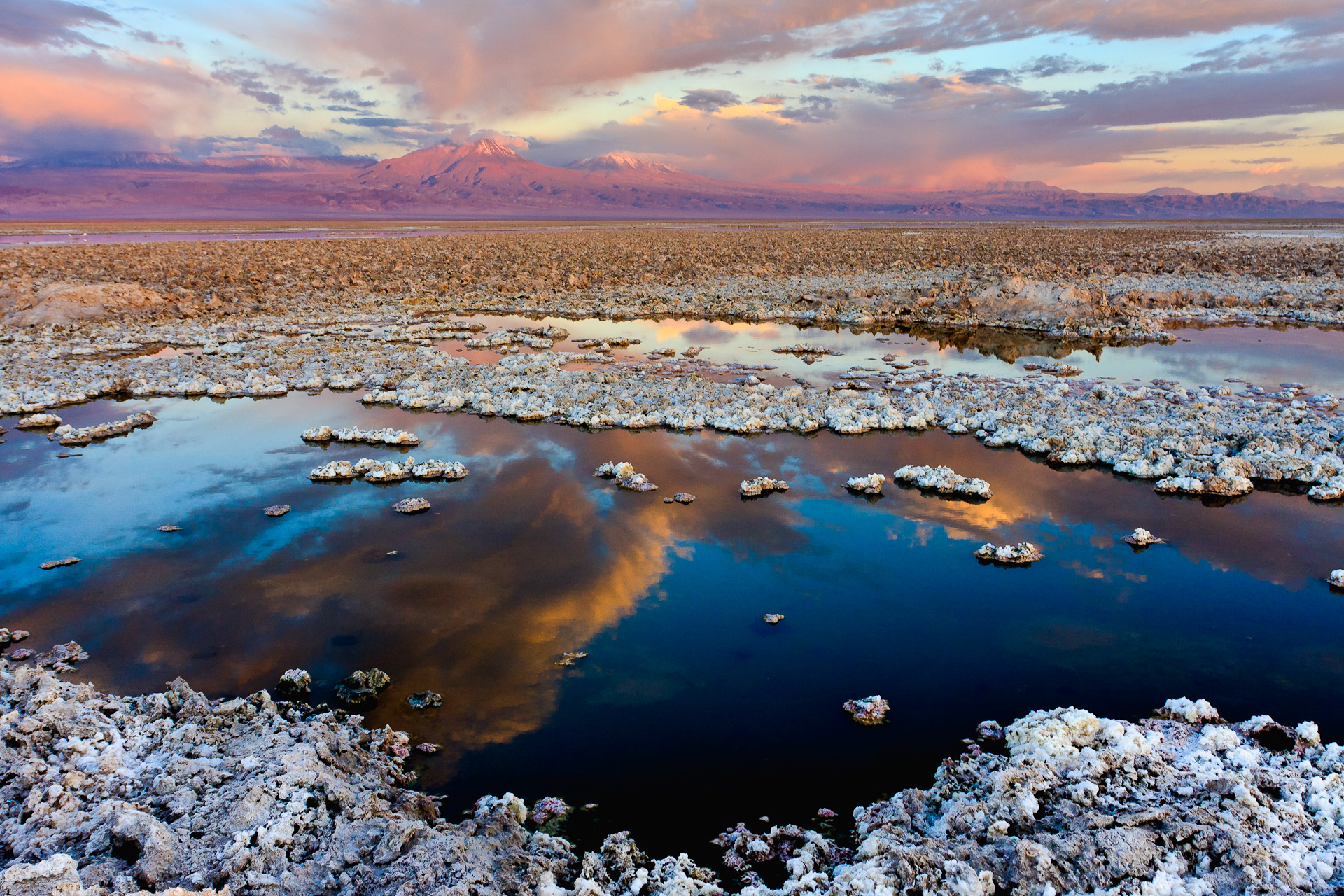Chile injects $975 million into state-owned copper giant Codelco
Chile's President Michelle Bachelet has signed into law a bill that gives state-owned Codelco $975 million in fresh funds to help it cope with a recently passed "copper law," which forces the miner hand 10% of its revenues over to the armed forces.
The bill, unanimously approved by both houses of congress, grants the world's largest copper producer $500 million, which come from the so-called 2014 capitalization law, plus a further US$475 million to help Codelco mitigate the impact of the copper law.
Many of Codelco's mines are running out of copper and need heavy investment in order to extend their productive life.In the first nine months of 2016, the company handed the state $733 million, $707 million of which was due to the copper law, Business News Americas reported.
Codelco holds vast copper deposits, accounting for 10% of the world's known proven and probable reserves and about 11% of the global annual copper output with 1.8 million metric tonnes of production.
However, most of its mines are running out of copper and need heavy investment in order to extend their productive life.
Only last month, CEO Nelson Pizarro outlined $3.8 billion in investment plans for 2017 and further cost reductions, with a goal of achieving $2 billion in savings by 2020. Part of those funds, the company said, will be allocated to searching for new high-grade deposits.
White ambitions
In a separate press release (in Spanish), Codelco announced it has begun auctioning off exploration rights at two salt flats in northern Chile.
Codelco has also begun auctioning off exploration rights at two lithium assets in northern Chile.
Attracting companies to the Maricunga and Pedernales salt flats, located in the northern region of Atacama, is part of a broader plan conceived by the National Lithium Commission to further develop the country's lithium sector.
Chile is the world's second-largest producer of the metal, which has become an irreplaceable component of rechargeable batteries used in high tech devices.
The country contains half of the world's most "economically extractable" reserves of the metal, according to the US Geographical Survey (USGS). It is also the world's lowest-cost producer, thanks to an efficient process that makes the most of the country's climate.
Demand for the commodity, frequently referred to as "white petroleum," especially for its use in nuclear fusion reactors, high capacity electric-car batteries and aluminum and lithium alloys, is expected to rise in the coming years, the Chilean government says.


Salar de Atacama, the largest salt flat in Chile. (Image: WikiMedia Commons.)